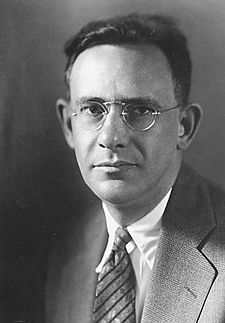July has been quite a month for language news. Today we thought we'd look at some of the best language related stories from this month. Let's get straight to it!
Right at the start of the month, Forbes posted an interesting article on Facebook on how it shows posts in the user's language. A fascinating read, you can read the full article here.
The Conversation explored the massive benefits of learning another language, particularly in terms of happiness. You can check out their article on the secrets of happiness through language learning here.
 |
| Calgary, Canada, the area that originally was and still is the home of the Tsuut'ína Nation. |
Canadian media was looking at the languages of the Tsuut'ina Nation, and how native speakers of the language were targeting youth in order to promote the language. Read the article here.
On FiveThirtyEight, there was an interesting article on emojis and how companies are looking at the best ways to merge language and emoji. Check out the article on making your messages more interesting here.
Towards the end of the month, we were back with The Guardian looking at the Stroop Test and how to try out your own psychological testing at home. If you feel like testing your friends and family with language-related psychological testing, check out the article here.
That's our news for this month! If you have any stories we missed, feel free to share them in the comments below!





